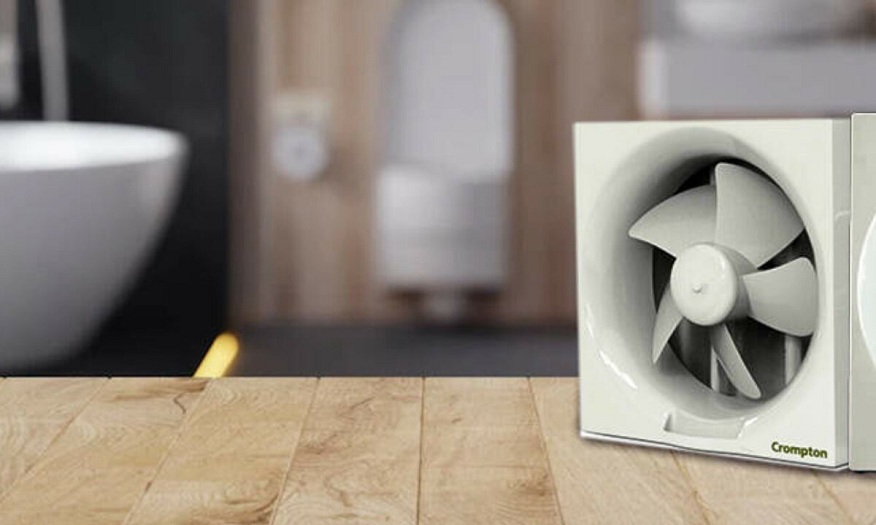Introduction
Inline exhaust fans have become a popular choice for homeowners looking to improve ventilation in their spaces. These fans offer a unique set of advantages and disadvantages that can significantly impact your decision to install them in your home.
In this article, we’ll delve into the pros and cons of inline exhaust fans, shedding light on their functionality and helping you make an informed choice.
The Pros
Space Efficiency
Inline exhaust fans are known for their space-efficient design. Unlike traditional ceiling-mounted fans, inline fans can be installed directly in the ductwork, saving valuable space in your living areas. This makes them an ideal choice for smaller homes or rooms where space is at a premium.
Versatility in Installation
One of the significant advantages of inline exhaust fans is their versatility in installation. These fans can be placed in various locations within the ventilation system, allowing for a customized and efficient airflow setup tailored to your specific needs.
Noise Reduction
Compared to traditional exhaust fans, inline models often operate more quietly. The separation of the motor from the fan blades contributes to reduced noise levels, creating a more pleasant and peaceful environment in your home.
Effective Odor Removal
Inline exhaust fans are highly effective in removing odors from your living spaces. By swiftly venting air to the outside, they help eliminate cooking smells, bathroom odors, and other unwanted scents, promoting a fresher indoor environment.
Energy Efficiency
Many inline exhaust fans are designed with energy efficiency in mind. The ability to control the fan speed and airflow allows for optimal energy consumption, resulting in cost savings on your utility bills.
Improved Air Quality
By constantly circulating and replacing the air in your home, inline exhaust fans contribute to improved indoor air quality. This is particularly beneficial for individuals with respiratory issues, allergies, or asthma.
Enhanced Ventilation for Specific Areas
If you have spaces in your home that require targeted ventilation, such as a hobby room or a workshop, inline exhaust fans provide a practical solution. Their ability to be installed in ducts allows for precise airflow where it’s needed most.
Minimal Aesthetic Impact
Inline exhaust fans are discreet and often go unnoticed in a room. Their minimalistic design ensures that they don’t interfere with the overall aesthetics of your living spaces.
Compatibility with Filters
Some inline exhaust fans are designed to accommodate filters, providing an additional layer of air purification. This feature can be particularly beneficial in homes with higher levels of dust or allergens.
Longevity
Inline exhaust fans are known for their durability and longevity. With proper maintenance, these fans can serve you well for an extended period, making them a reliable investment for your home.
The Cons
Installation Complexity
While versatile, the installation of inline exhaust fans can be more complex compared to traditional models. Professional installation is often recommended, adding to the overall cost.
Cost
Inline exhaust fans, especially high-quality models with advanced features, can be more expensive upfront. However, considering their long-term benefits, many homeowners view this as a worthwhile investment.
Potential Ducting Issues
In some cases, the installation of ducting for inline fans may pose challenges, especially in pre-existing structures. Overcoming these challenges may require modifications to your home, adding to the overall installation complexity.
Limited Cooling Functionality
Unlike some traditional ceiling fans, inline exhaust fans are not designed for cooling purposes. If your primary goal is to cool a room rather than improve ventilation, alternative solutions may be more suitable.
Continuous Energy Consumption
While energy-efficient, inline exhaust fans, when used continuously, can contribute to a constant energy draw. This may impact your overall energy consumption and, subsequently, your utility bills.
Conclusion
In conclusion, the decision to buy exhaust fan and install it in your home involves weighing the pros and cons to determine if they align with your specific needs and preferences. The space efficiency, versatility, and improved air quality make them a compelling choice for many homeowners. However, the installation complexity and potential upfront costs should be considered alongside their long-term benefits. By carefully evaluating these factors, you can make an informed decision that enhances the comfort and livability of your home.

